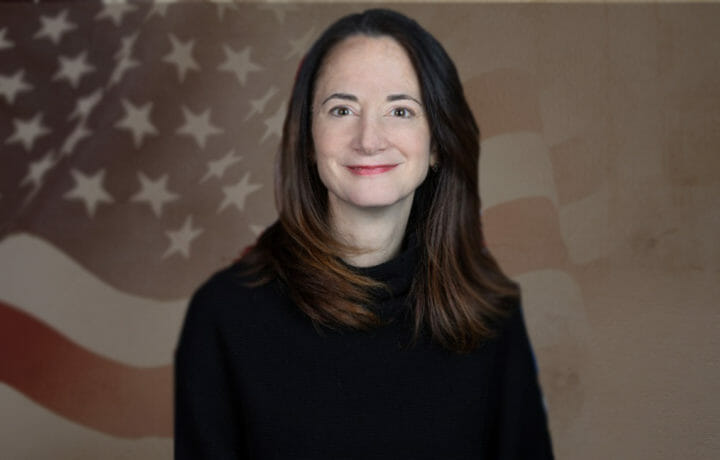When it comes to strategies for increasing diversity within the Intelligence Community, data will play a pivotal role, emphasized Director of National Intelligence Avril Haines during remarks at the Intelligence and National Security Alliance (INSA) New IC: Empowering Women & Engaging Men event held this week at the Army Navy Country Club.
“Recruiting a talented and inclusive workforce is a top priority,” said Haines. Talent, knowledge, and experiences of every stripe are needed in our worlds, she emphasized. “The magic occurs when we combine expertise in different fields.”
The IC is aware it has both a diversity problem, but even more significantly a retention problem. Haines offered data on the hiring, retention, and promotion gaps for women in the IC. Women have a seat at the table, but they are represented in far fewer numbers – women comprise 31% of senior positions in the IC, which is an 8% deficit.
The numbers aren’t always good, but Haines noted those numbers are critical for helping to move the needle on diversity goals.
“We are focused on data,” said Haines. “Data helps make decisions and inform actions.”
Haines has worked to make strides in improving diversity across her agency, leading the helm as the first female DNI. She has appointed diversity officials to help advise and inform on the process, including participating on conversations around security clearance reform.
Security Clearance Reform and Diversity
ODNI confirmed earlier this year it is using data to help inform improvements to the security clearance process, including enhancing the quality of investigations and adjudications around diversity. As they periodically review the process, Haines noted the DNI brings in her diversity experts. They are exploring enhancements to national training standards for cultural competence, and ensuring “processes are free from bias,” Haines emphasized.
When asked by the audience if the current security clearance process is hindering progress for neurodiverse professionals, she said she didn’t yet have the data – but the IC is working to get there. While she said they didn’t yet have the data to say how neurodiverse professionals may be uniquely impacted in the clearance process, she said she could see how cultural barriers may factor into the process. Haines did note that when it comes to onboaring, it isn’t just security clearances that need to be considered, but the entire vetting picture.
Security clearances remain one aspect of attracting a diverse workforce. IC officials continue to emphasize attraction, retention, and pay equality are all critical elements – and it’s committed to following the data to make changes.




